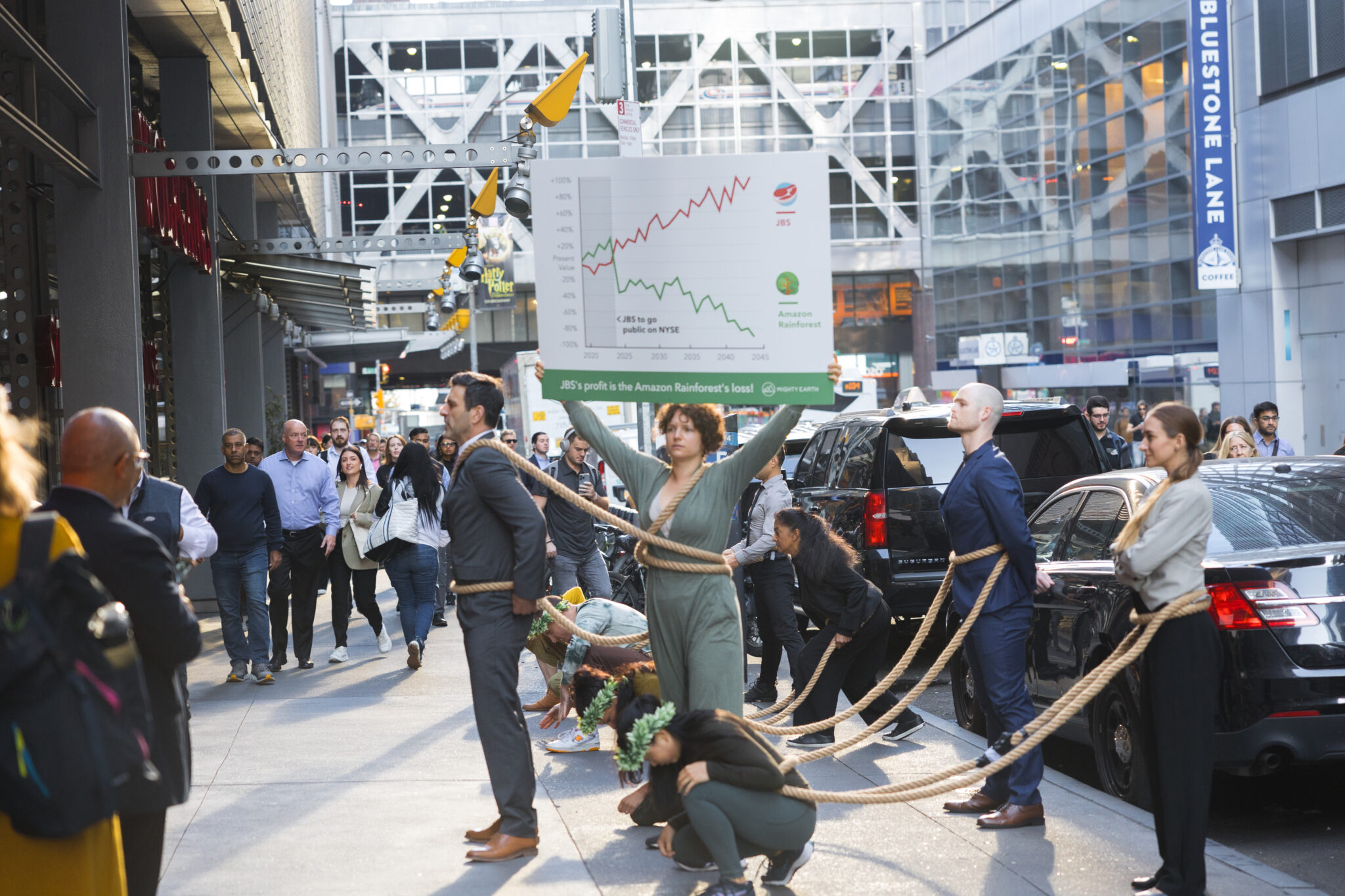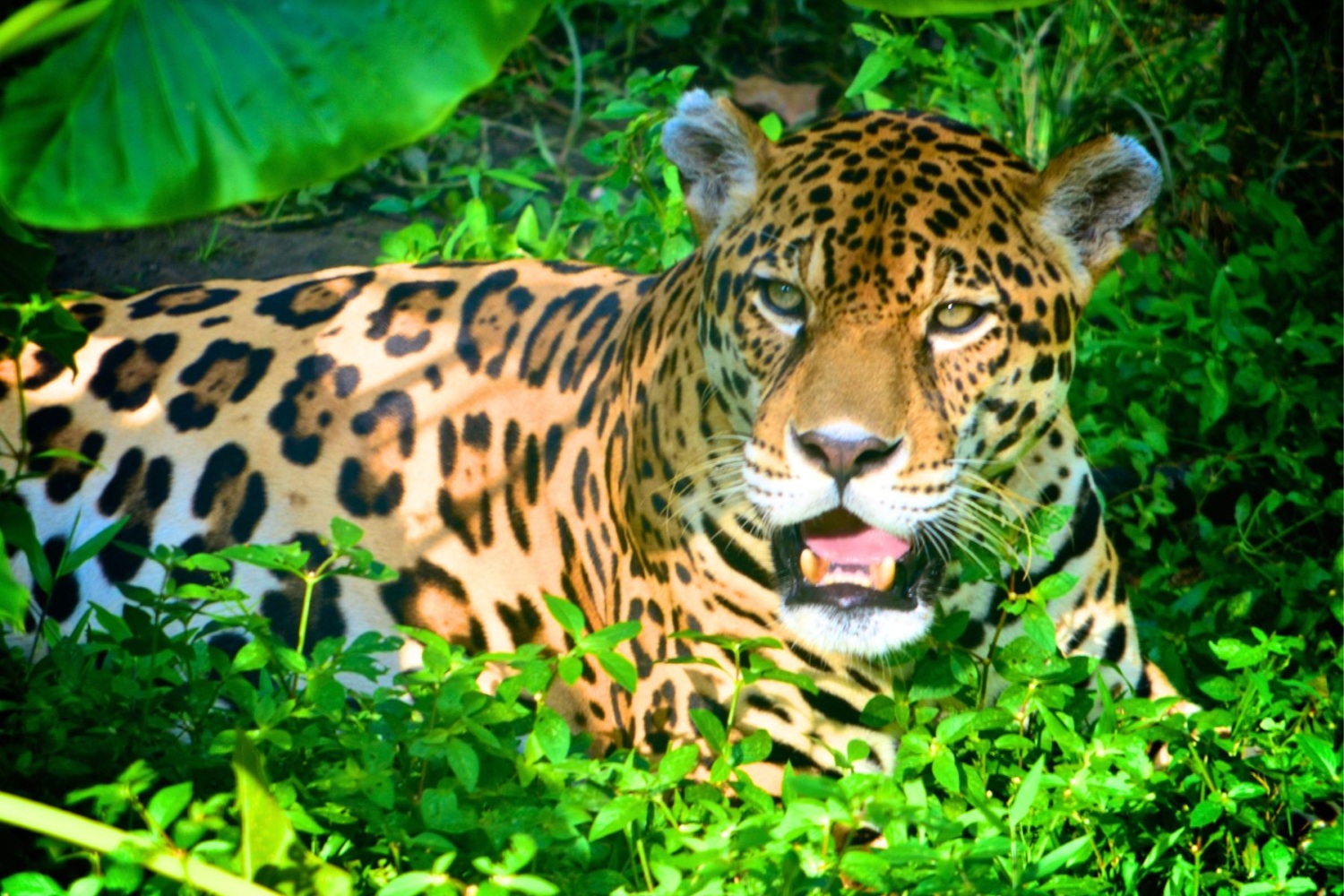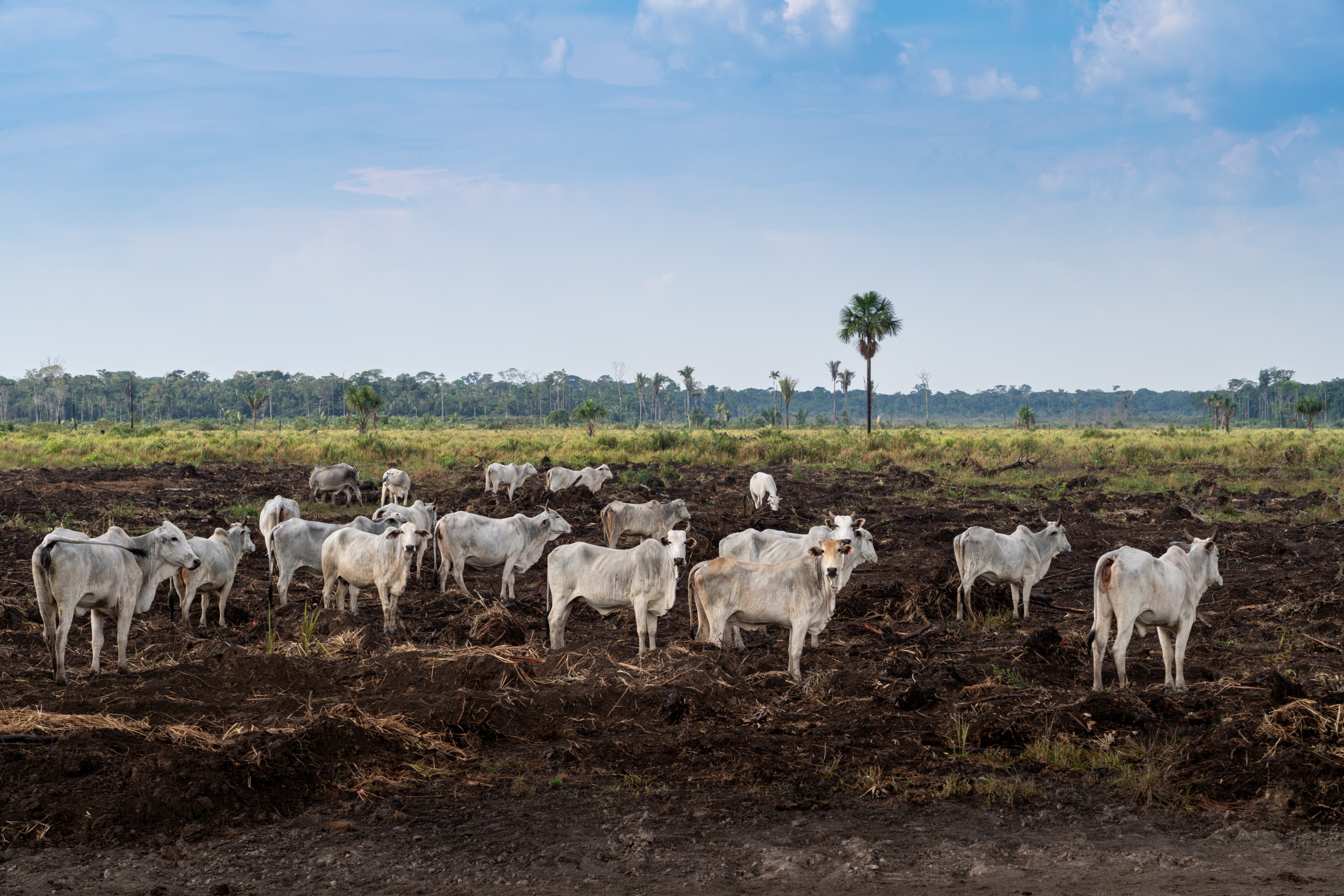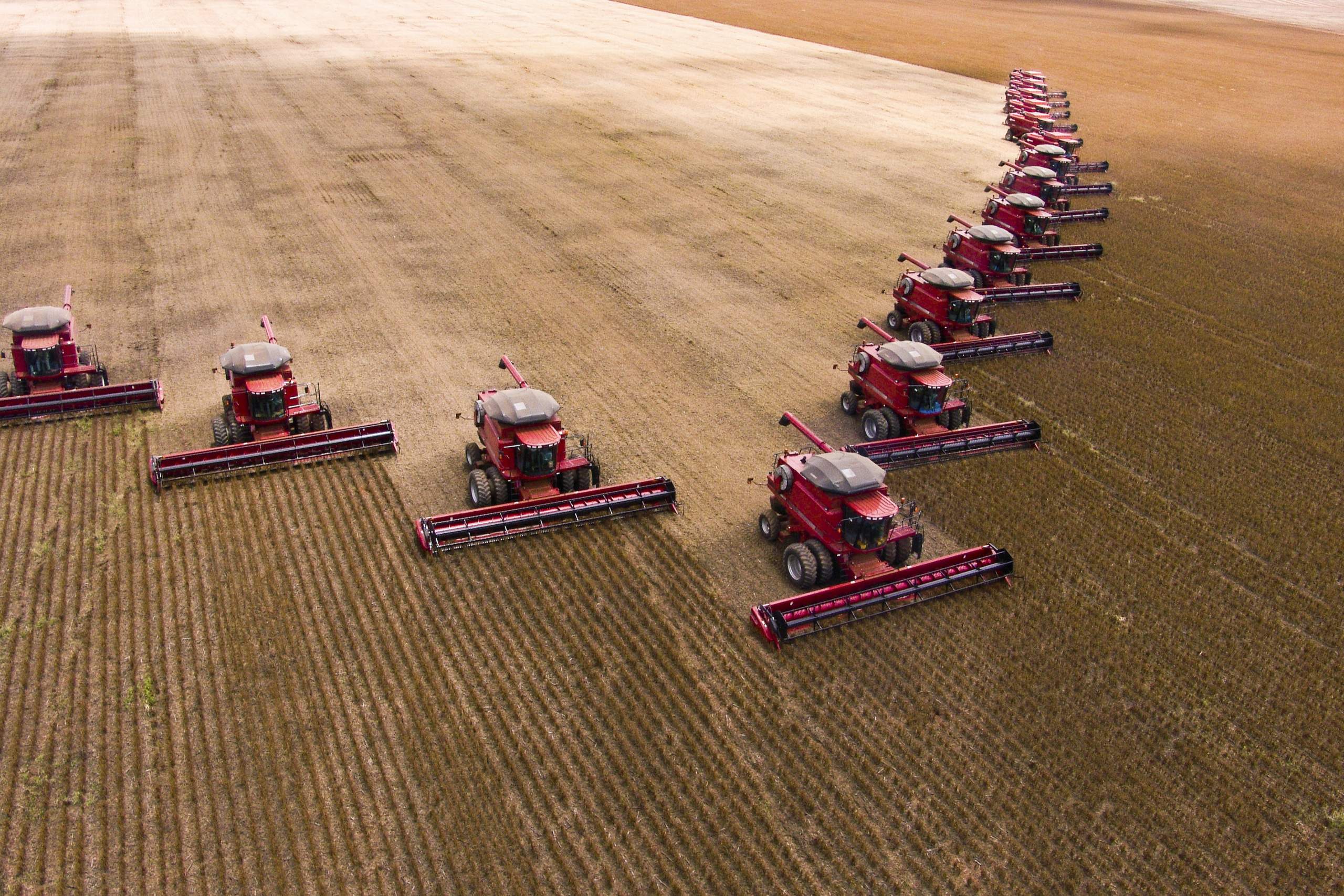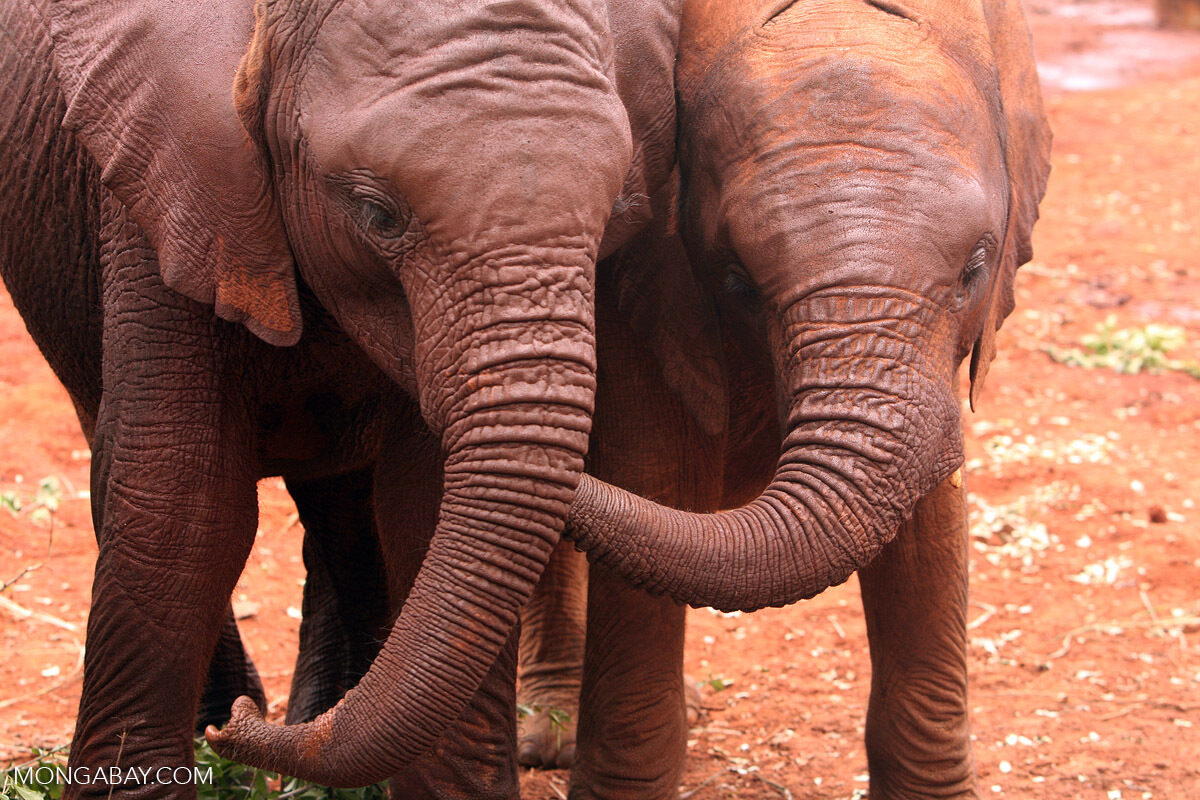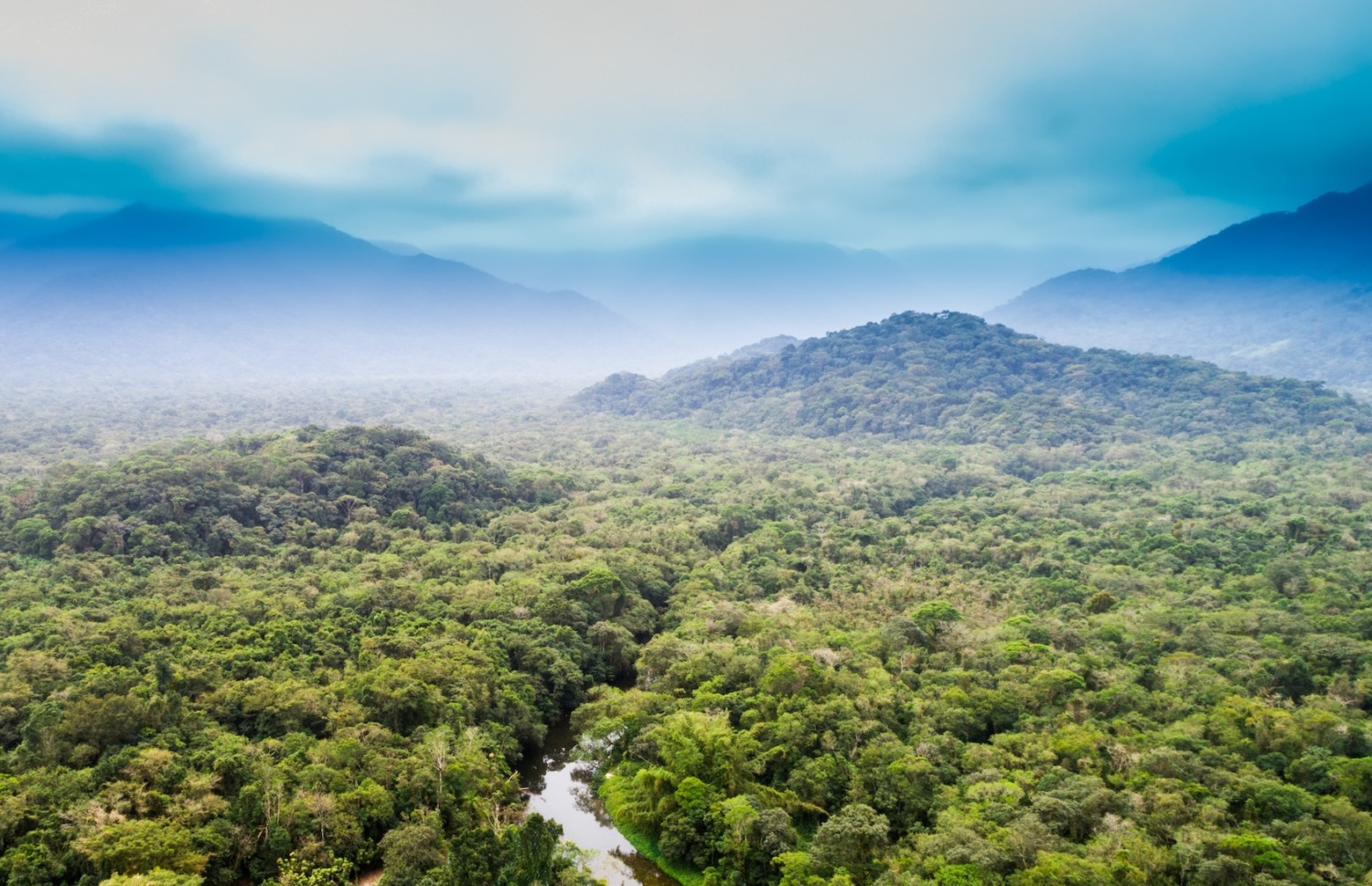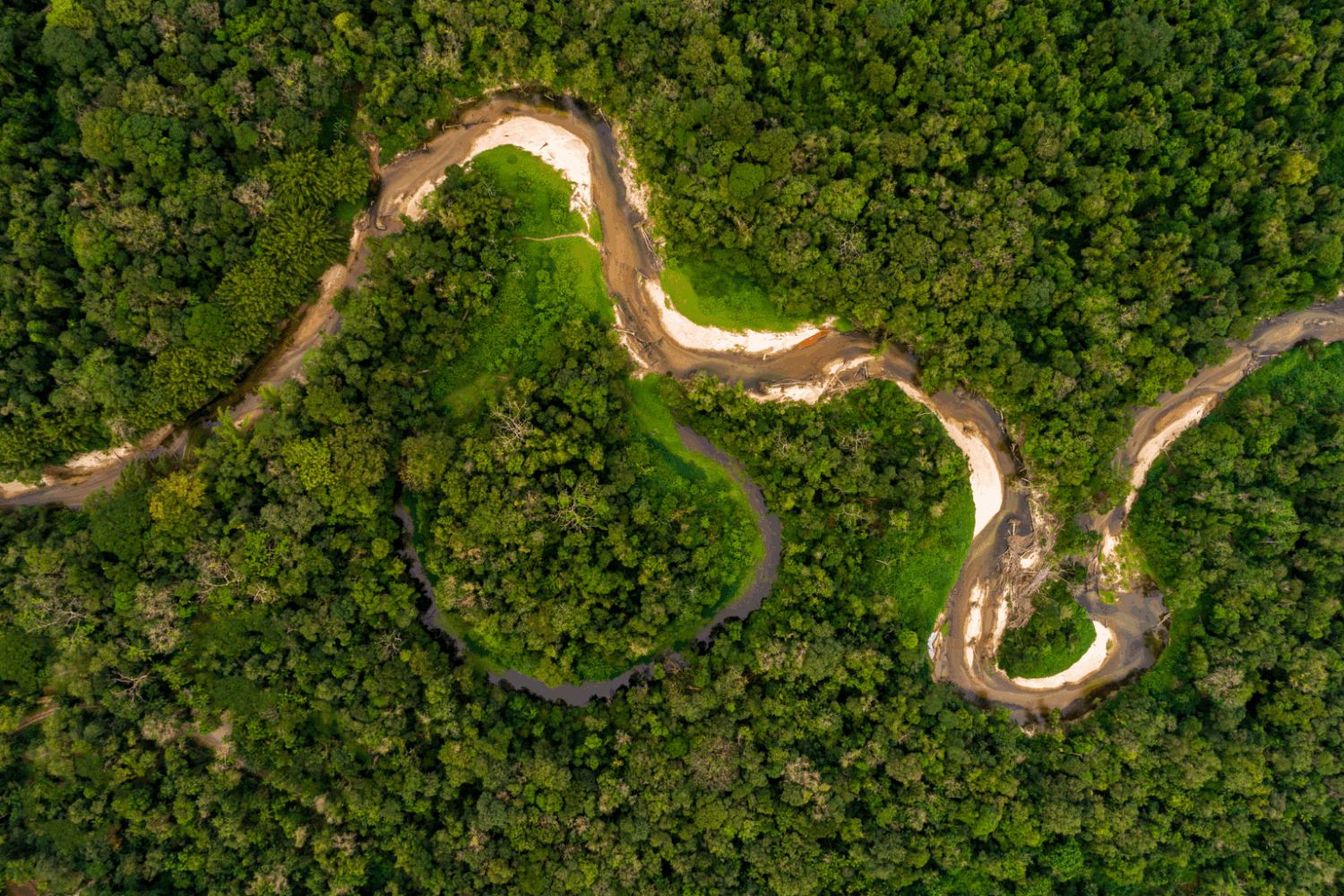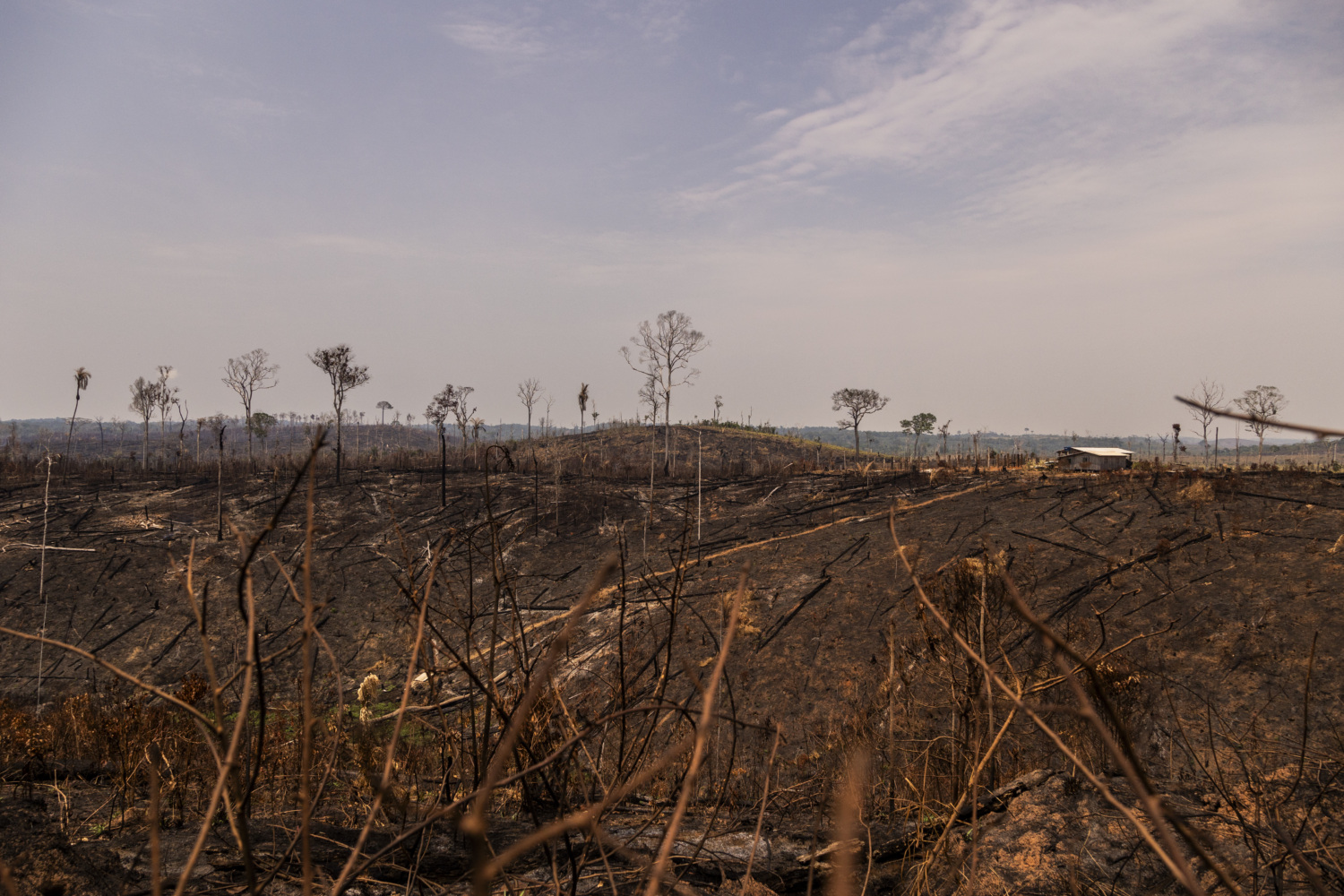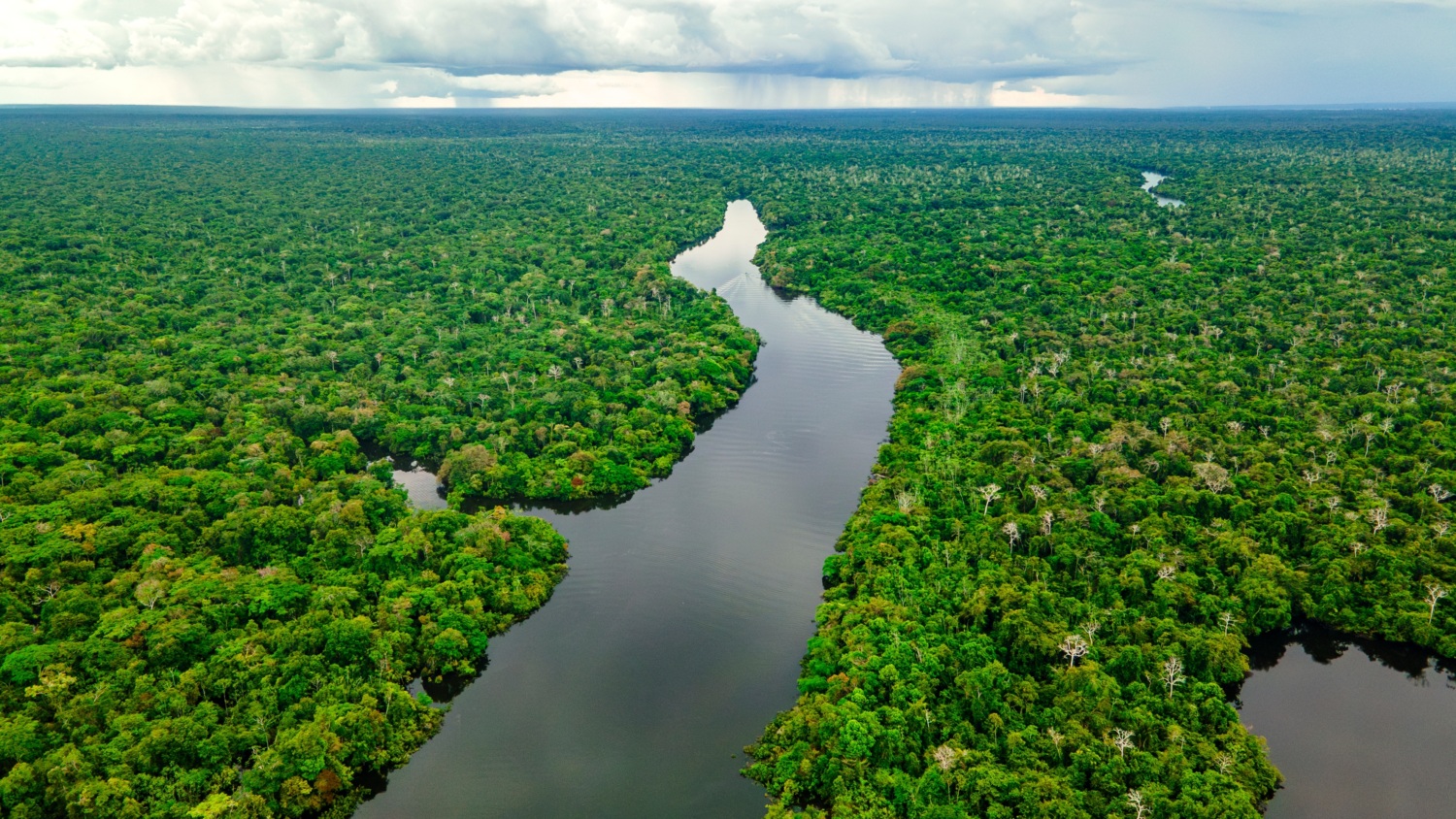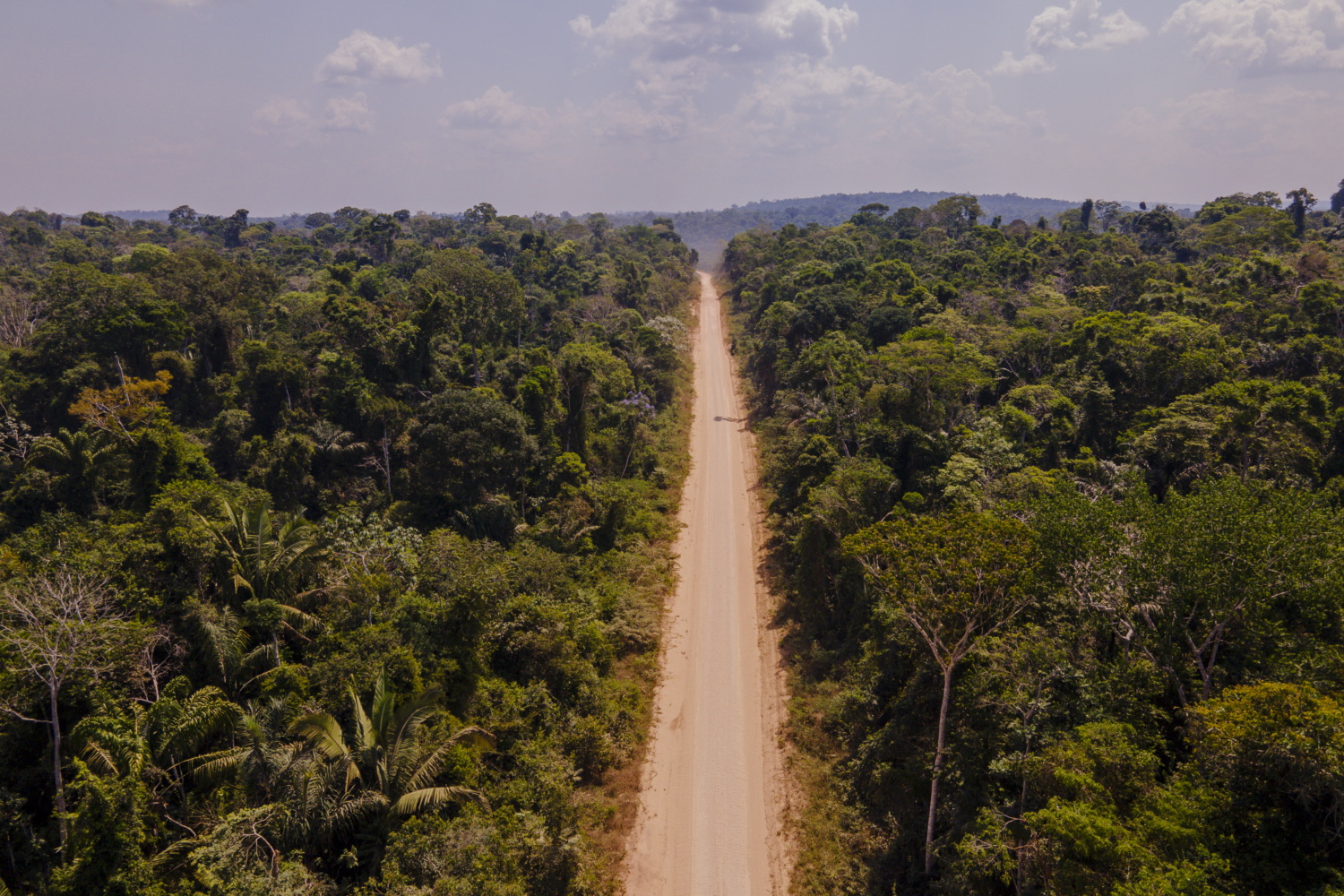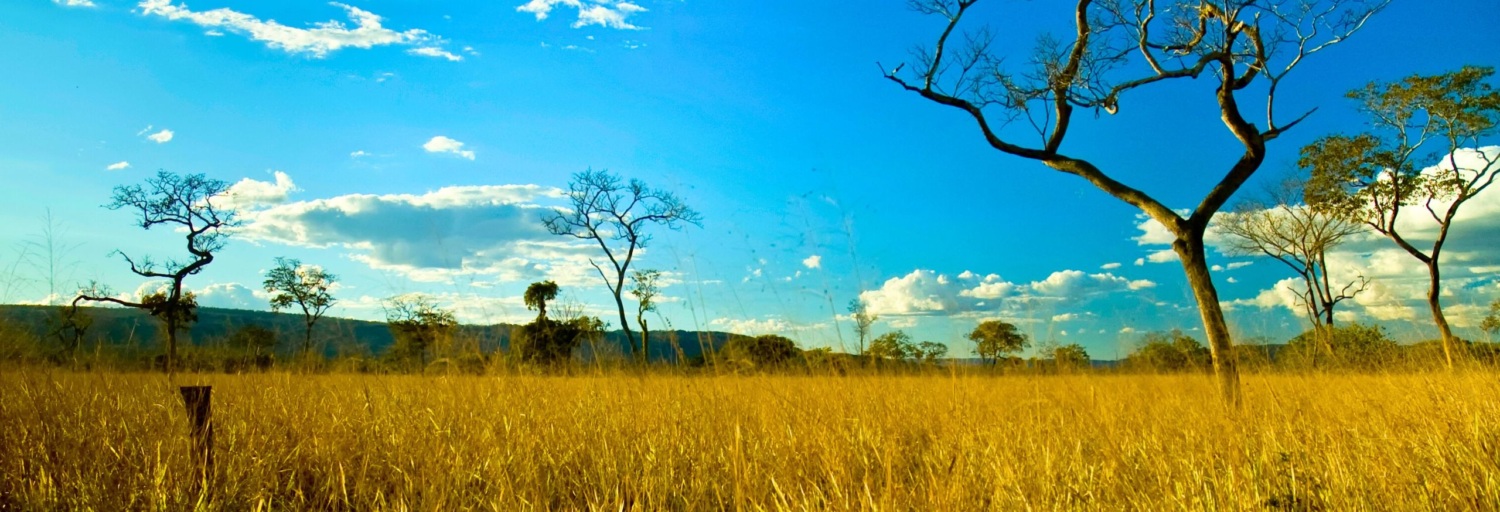
Latin America
Mighty Earth campaigns to break the link between economic development and environmental destruction
We’re working in Latin America to protect the Amazon, Cerrado and other precious ecosystems. The Amazon rainforest is close to an irreversible tipping point, where vast areas of the rainforest will die back and turn to dry savannahs. Cattle and animal feed companies have bulldozed and burned more than half of the Cerrado. The people and wildlife that live there need healthy ecosystems for their survival. The biggest driver of deforestation in both these biomes: the meat industry.
THE AMAZON
The Amazon helps regulate global weather patterns and stores carbon in its millions of trees to help cool our warming world. But deforestation means it is releasing more carbon than it stores, fuelling climate change. Just less than half of the Amazon is protected, but huge swathes of rainforest have been lost to cattle farming and soy, grown as animal feed.
THE CERRADO
Covering 20% of Brazil, the Cerrado is home to 5% of the world’s plant and animal species but has already lost half of its surface area to cattle and soy grown to feed livestock in intensive farming systems. Scientists estimated in 2022 that it is disappearing at four times the rate of the Amazon. In it soils and immense root system, this upside-down forest stores carbon equivalent to that of a tropical forest. Despite its importance, less than 10% of the Cerrado is protected.
-
Around 20%
of the current known world’s biodiversity is hosted by Brazil.
-
Almost 50%
of the global primary tropical forest loss is caused by Brazil’s meat industry.
-
70%
of Brazil’s emissions are from agriculture. Deforestation and animal methane pollution are the main sources.
-
1.5 million tons
of meat are exported per year by Brazil, but more than 70% of Brazilian meat production is consumed domestically.
Explore Our Work
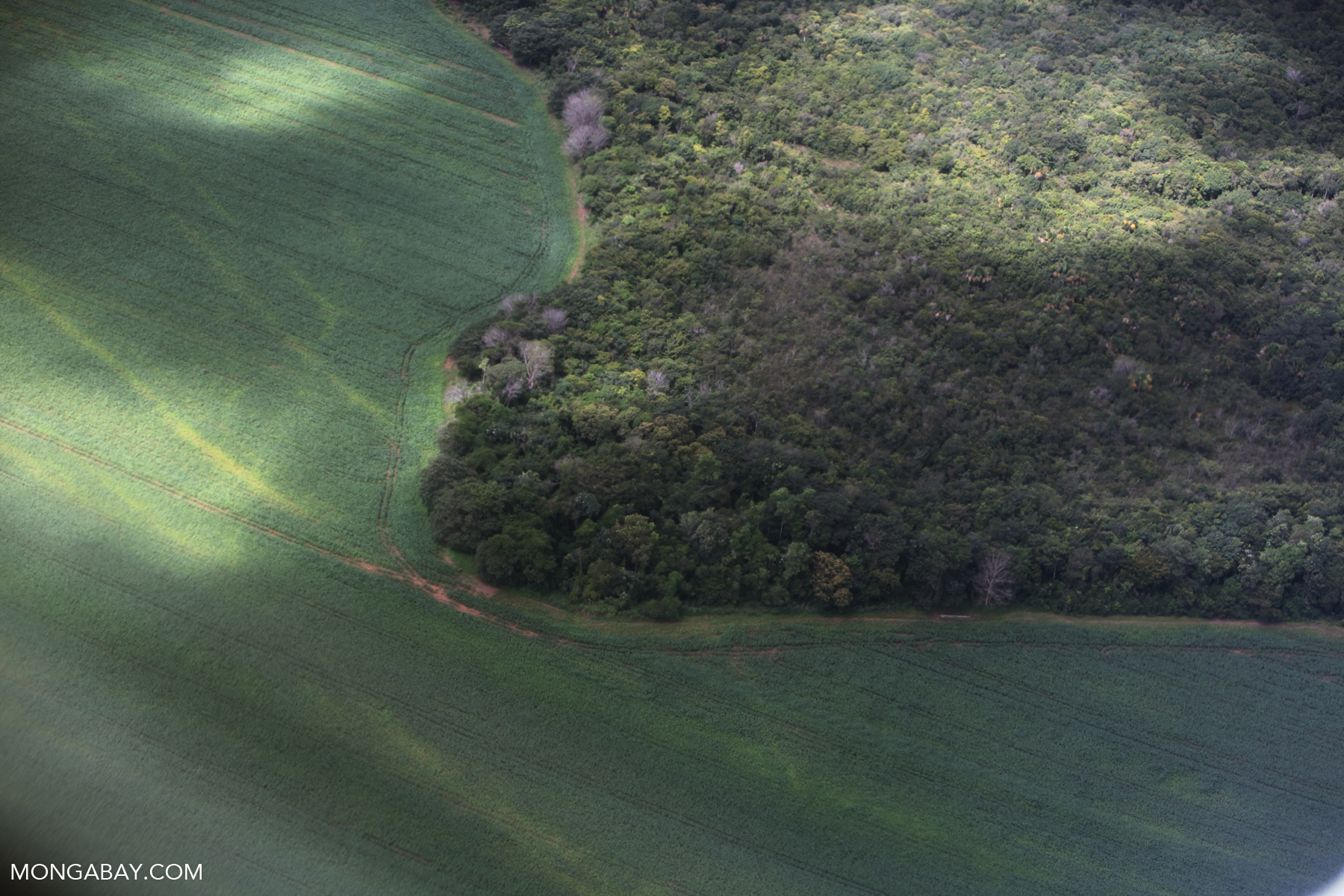
JBS: One of the World's Worst Forest Destroyers
The world’s largest meat company, JBS, is linked to driving the destruction of the Amazon rainforest and other ecosystems, and continues to underreport its supersized climate emissions. JBS’s plan to list on the New York Stock Exchange could be one of the biggest climate risk IPOs in history.
Learn More